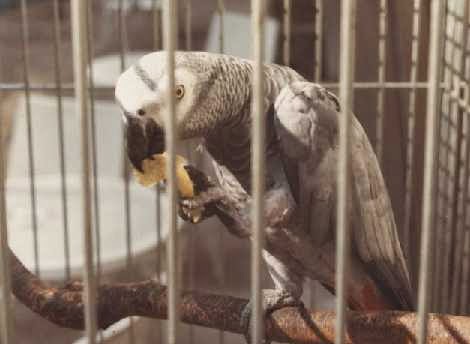David Flin
Gone Fishin'
The late Robert Fisk who covered both Beruit and Belfast as a reporter would be the one person who could comment on how similar Beruit and Belfast are.
I think Lebanon is more economicly viable than Northern Ireland was at the time.
As someone who did two tours of Northern Ireland (1973 and 1978), and who spent three months in Beirut in 1976, I rather think I qualify as well. Fisk was very knowledgeable about Beirut (albeit I was amused to see him lambasting Hotel Journalism in 2005, given where he was based in 1976; however, he did stay for much, if not all, of the Lebanese Civil War. About Northern Ireland, less so.
As of the mid-1970s, Beirut and Lebanon would appear to be economically viable given that just a couple of years before this, it actually was economically viable, and the problems related to it being torn apart by civil war, which isn't a good thing for economic viability. Northern Ireland, by contrast, was always propped up financially and was (and is) not viable as an economic entity (as of today, UK tax revenues, broken down by region, give an inflow to Northern Ireland of around £4000 per person per year).
Beirut and Belfast only had superficial similarities in the 1970s. Belfast had a bunch of Green maniacs (with games such as Prod-a-Prod) forming one bunch of splinter groups (working together? Never heard of the concept) and a bunch of Orange maniacs (with such tricks as working out that Catholics had more babies than Protestants, and that therefore Mothercare shops were valid bomb targets) forming another bunch of splinter groups (working together? Still never heard of the concept). In the middle were the poor bloody people just trying to live what could pass for a normal life, where a nurse could be murdered for the crime of treating someone from the Wrong Side (which didn't matter - both sides were guilty of targeting nurses), or where burning alive the families of those who worked in the fire services was considered acceptable; and the poor bloody squaddies trying to keep the Orange maniacs and the Green maniacs apart for long enough for the big brains running things to come up with a political solution.
(Incidentally, British Army RoE post-Bloody Sunday included the requirement that we were not allowed to fire until such time as we had come under effective fire ourselves. There were other elements - clear and identifiable target with no non-involved obstructions, and so on - but it was the effective fire element that was tough. Translated, that meant we couldn't return fire until we had taken casualties. If they shot and missed, we had to ignore it).
But essentially, while it was not normal, it was possible for a non-involved civilian to live something approximating a normal life. One could go down to the shops, go to the pub, sit about in wastelands and bitch about the other side, and so on. The Troubles were something that happened in certain specific locations: the Falls Road, the Shankhill Road, parts of Derry, and the Armagh/Republic border area between them covered about 90% of incidents.
By contrast Beirut (or the bits of it I saw in my three months there) were a slice of Hell. You had a multitude of factions with ever-changing alliances and casual murder on a scale unimaginable in Belfast. You had Israeli planes coming over to bomb random sites in Beirut every day at precisely 3.03 pm. You could set your watch by it. No-one could ever work out what they were trying to hit. It was always reported as "terrorist targets", but since this seemed to include pretty much any building, we remained baffled.
That we, incidentally, refers to the international community of various specialists staying in the Hotel Commodore: Intelligence agents, gun runners, drug smugglers, aid workers, surgeons and nurses, people smugglers, bodyguards, mercenaries; anyone who might have cause to be in a war zone while technically being uninvolved in the actual war. A fascinating place, the Hotel Commodore, and not a place for the weak of stomach. Remind me at some stage to tell the story of Coco.
In Beirut, it was not possible to live any sort of approximation of a normal life. It was a war zone in a way that Belfast never was. In Belfast, horrors came in retail packages. Special, individual service, if you like. In Beirut, the horrors were wholesale, mass-produced nightmares. To give some figures. During the course of the Troubles, around 4000 people were killed over nearly 30 years. In Beirut on 18 January, 1976, around 2000 people were killed in a single massacre. OK, that massacre was remarkable even by Beirut standards, but it gives some idea of the scale of the problem.
